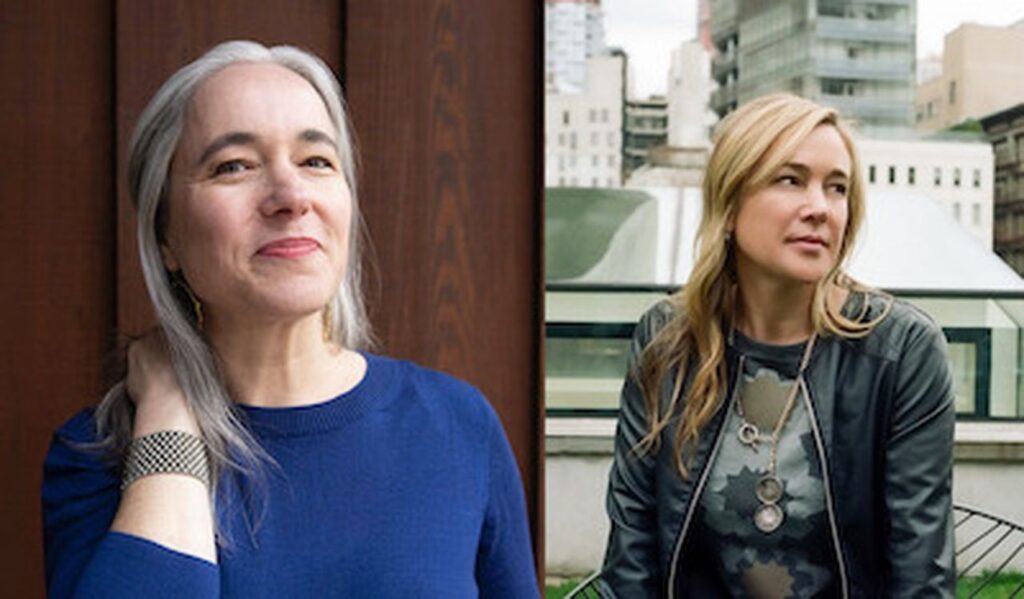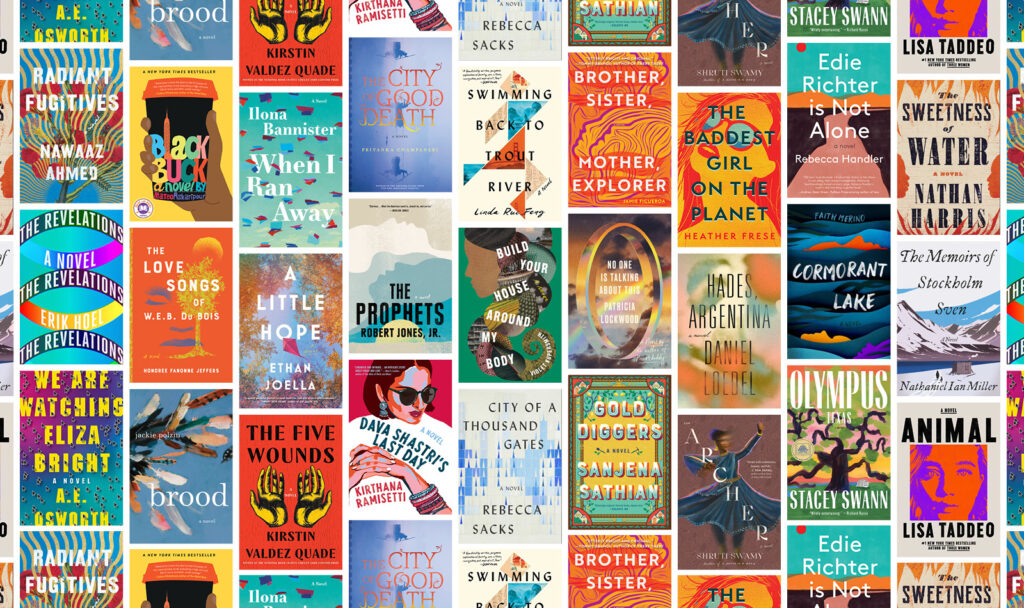Boris is a middle-aged grocer with a stained t-shirt and a big grin. He prefers customers who pay in cash, and he tosses apples to the latchkey kids who come by after school. He donates blood as often as he can. He’s unfazed by needles and knows that his blood type – O negative – is the magic kind that can help anyone.
That’s how I imagine him.
My sister-in-law and I named my anonymous blood donor Boris. The charge nurse who is named after a month that is not April, May nor June warned me I could become cold as his blood first circulated throughout my body. As I watched the beet red liquid slink its way through the plastic tube attached to the port in my chest, I thought of the Buffy episode in which Spike takes Buffy to a brothel where humans pay vampires to drink their blood. I did not get cold.
I needed a blood transfusion because chemotherapy caused my hemoglobin to drop. Hemoglobin is a protein that carries oxygen around the body, and low hemoglobin is related to anemia, a condition I had for a while as a teenager. I don’t remember feeling tired back then, but I do remember applying gold eyeliner before school and my mom shouting up the stairs, “Iron pills!” I didn’t like taking pills. Sometimes I lied to my mom and was mean about it. “I took the stupid iron pills Mom. Why do you always think I’m lying?”
I felt weird about getting a blood transfusion. Who is this Boris fellow and what’s in his blood? The nurse assured me the process of preparing blood for transfer is safe. When she began using words like centrifuge and storage conditions, I realized I didn’t care and stared at the hazardous waste bin.
This was not the first time I didn’t understand something. Most days I don’t understand most things. I implicitly trust the expertise of other people when I drive my car, turn on my stove, and send my children back to in-person school.
The working title of my first novel Edie Richter is Not Alone was You Belong to Everyone. One theme in the novel is that despite whatever intentions we might have to be self-sufficient and independent, we are connected and have a responsibility to each other. This is not a noteworthy observation, but it’s something I felt like exploring.
Now, being treated for cancer, I can’t escape this idea. Week after week, I go to the hospital for everyone who loves me, including, but not limited to, myself. I don’t know how doxorubicin and cyclophosphamide work. I can’t even spell them without googling.
This morning, someone ran a stop sign just as I stepped into the intersection. It reminded me that today, like every day, my life is in other people’s hands.
What I’m saying is that everyone should get vaccinated.

